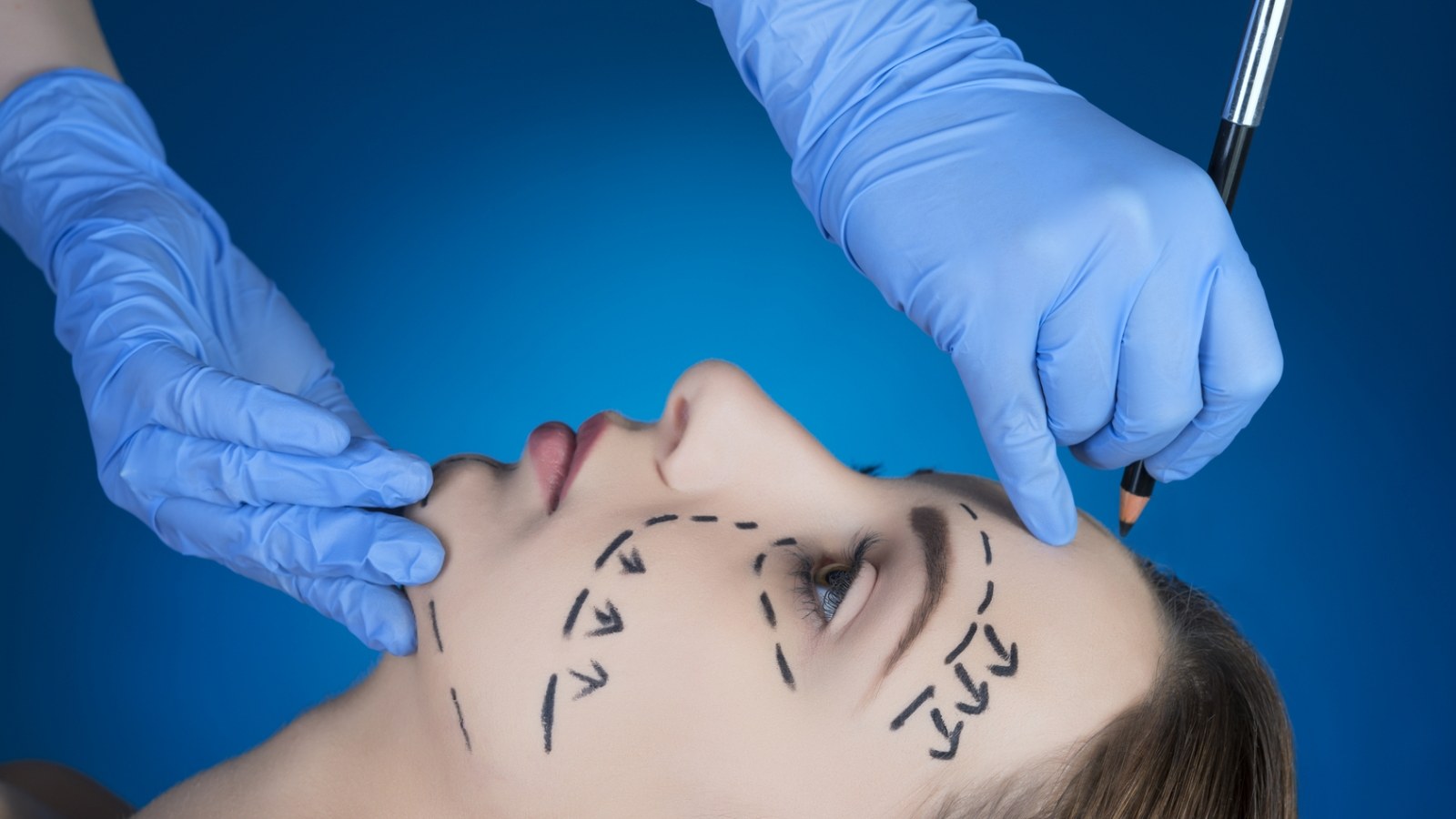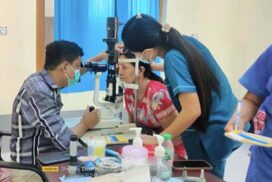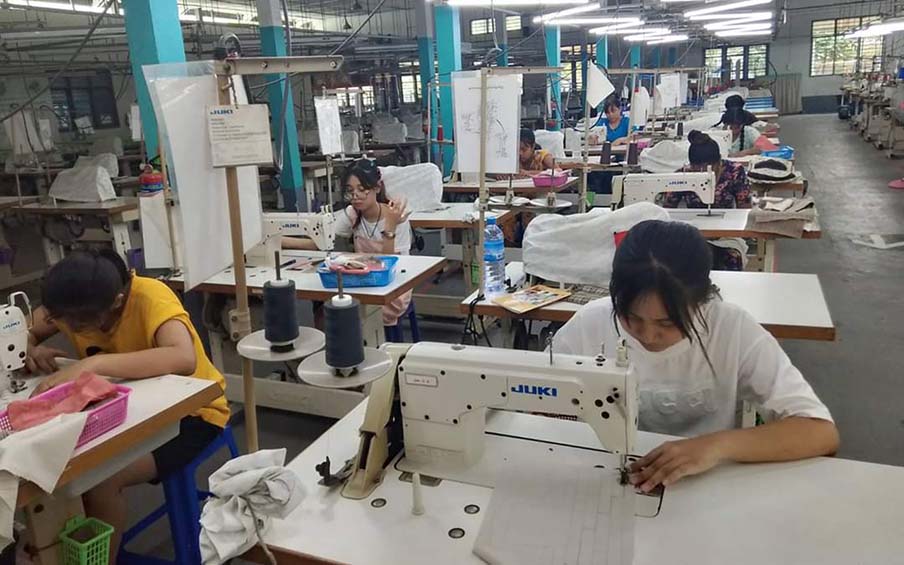By Dr Than Lwin Tun
Safety in cosmetic surgery is paramount and requires thorough consideration. Potential patients should consult reputable surgeons, ask questions, and make informed decisions based on individual circumstances and goals.
Nowadays, cosmetic surgery is very popular among adult and middle age groups, including elderly persons. Cosmetic surgery aims to improve a person’s appearance, self-esteem, and self-confidence. It can be performed on various parts of the face and body. Botox, cheek lift, chemical peel, chin surgery, cosmetic dentistry, dermabrasion, eyebrow/forehead rejuvenation (brow lift), and blepharoplasty are common types of cosmetic surgery.
Like any surgical procedure, cosmetic surgery carries inherent risks. While advancements in medical technology and techniques have made cosmetic surgery safer over the years, it’s essential to understand and consider the potential risks before undergoing any procedure. The following are some of the risks associated with cosmetic surgery include;
v Anaesthesia risks: Anaesthesia complications can occur during any surgical procedure. These may include allergic reactions, respiratory problems, and adverse reactions to anaesthesia medications.
v Infection: As with any surgery, there’s a risk of infection at the surgical site. Proper preoperative and postoperative care can help minimize this risk.
v Scarring: Depending on the type of procedure and individual healing process, scarring may occur. While efforts are made to minimize scarring, it’s not always possible to eliminate it entirely.
v Hematoma and Seroma: These are collections of blood (hematoma) or fluid (seroma) that can occur under the skin at the surgical site. They may require drainage or further treatment if they occur.
v Nerve Damage: Cosmetic surgery can sometimes cause temporary or permanent damage to nerves, leading to numbness, tingling, or loss of sensation in the affected area.
v Complications specific to the procedure: Each cosmetic surgery procedure carries its own set of risks. For example, breast augmentation surgery carries risks such as implant rupture, capsular contracture (hardening of scar tissue around the implant), and changes in breast sensation.
v Unsatisfactory results: Despite the surgeon’s best efforts, the outcome of cosmetic surgery may not meet the patient’s expectations. This can lead to dissatisfaction and may require additional procedures to correct or improve the results.
v Psychological effects: Some individuals may experience psychological effects following cosmetic surgery, such as depression, anxiety, or body dysmorphic disorder, a condition characterized by an obsessive focus on perceived flaws in appearance.
v Long-term complications: While most complications from cosmetic surgery resolve over time, some may persist or develop later, requiring additional treatment or intervention.
Therefore, safety in cosmetic surgery is a critical consideration for anyone looking to undergo the procedures. When considering cosmetic surgery, one should consult with a reputable surgeon, ask questions, and make informed decisions based on your individual circumstances and goals.
Moreover, you need to consider your health conditions as well as risk factors, know the potential complications of specific procedures, follow the rules of Pre- and Postoperative instructions and facility accreditation, check reviews and testimonials, and realistic expectations such as plan for recovery and knowing what to do if something goes wrong are essential tips to ensure a safe experience. Informed consent is a key part of the process. Make sure one has all the information one needs to make a safe choice for cosmetic surgery. In addition, we would like to mention again that be aware of the risks associated with cosmetic surgery.
References
1. Cosmetic surgery – Mayo Clinic
2. https://www.theaestheticsociety.org
3. http://www.abms.or
4. http://www.fsmb.org
5. http://www.aaaasf.org
6. http://www.aaahc.org













